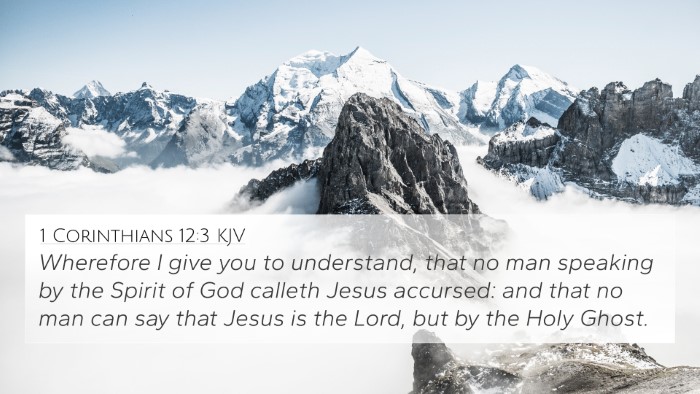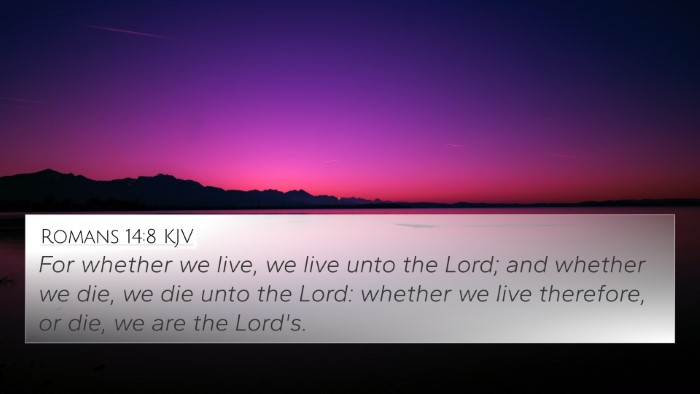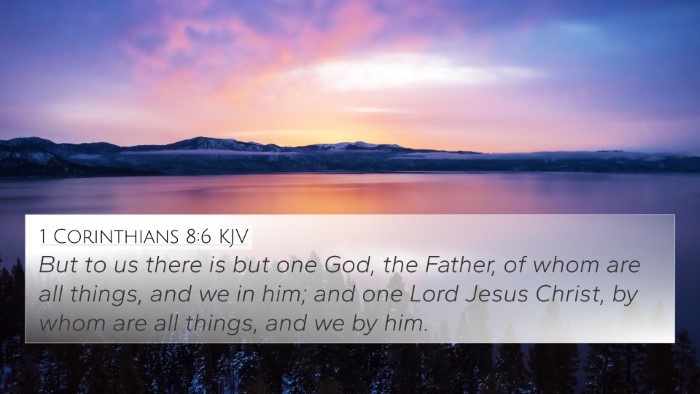Understanding John 13:13
In John 13:13, Jesus states, "You call me Teacher and Lord, and you say well, for so I am." This verse highlights the dual role of Jesus as both a teacher and master, affirming His authority and the recognition of His disciples regarding His divine nature. In this summary, we will explore the meaning of this verse through insights gathered from respected public domain commentaries, ensuring a comprehensive understanding for all who seek to delve deeper into biblical texts.
Contextual Background
The setting of John 13 is significant, as it takes place during the Last Supper, a crucial moment before Jesus' crucifixion. This context underscores not only His authority but also the vulnerability and intimacy of the moment as He prepares His disciples for the events to unfold.
Commentary Insights
-
Matthew Henry's Commentary:
Henry emphasizes the acknowledgment of Jesus’ authority by His disciples. He explains that this recognition was not just verbal but should also lead to action and obedience, underscoring the essence of discipleship. He notes that to call Him "Teacher" implies a submission to His teachings, while calling Him "Lord" indicates a recognition of His sovereignty.
-
Albert Barnes' Commentary:
Barnes expounds on the importance of acknowledging Jesus' titles. He insists that these titles reflect a personal relationship and reverence. Moreover, Barnes points out that understanding Jesus as both Teacher and Lord establishes a framework for Christian life, where believers are called to learn from Him and follow His commands.
-
Adam Clarke's Commentary:
Clarke highlights the implications of properly recognizing Jesus' roles. He indicates that calling Jesus "Teacher" signifies that one should listen closely to His teachings, while "Lord" emphasizes obedience to His authority. Clarke also makes a profound connection to the idea of servitude, where recognizing Jesus’ authority leads to a transformative commitment to follow Him wholeheartedly.
Bible Verse Cross-References
John 13:13 can be cross-referenced with several other biblical passages that enhance its meaning and demonstrate the connections between Bible verses:
- Matthew 23:8-10: Jesus instructs His followers that they should not be called "Rabbi" or "Father," indicating that He alone is the ultimate teacher and guide.
- Luke 6:40: "A disciple is not above his teacher, but everyone when he is fully trained will be like his teacher," reinforcing the relationship between a teacher and his disciples.
- John 10:14: "I am the good shepherd. I know my own and my own know me," showing the intimate relationship between Jesus and His followers, akin to that of a teacher and students.
- John 14:6: "I am the way, the truth, and the life," further establishing His role as the provider of truth and guidance.
- Matthew 28:18: "All authority in heaven and on earth has been given to me," affirming Jesus’ lordship over all creation.
- 1 Corinthians 1:10: Encouraging unity under the teachings of Christ, emphasizing His role in bringing believers together in understanding.
- Hebrews 13:7: "Remember your leaders, those who spoke to you the word of God," reflecting the importance of following godly teachers.
- 1 John 2:27: Discusses the anointing from the Holy One, ensuring believers receive direct guidance and understanding from Jesus.
- Philippians 2:10-11: This passage emphasizes Jesus' lordship, whereby every knee shall bow and every tongue confess His name.
- Colossians 2:3: "In whom are hidden all the treasures of wisdom and knowledge," illustrating that true understanding originates from Christ.
Thematic Connections
This verse invites us to consider themes of leadership and authority within a Christian context. Recognizing Jesus as both Teacher and Lord encourages a life dedicated to learning from Him and acting in accordance with His guidance. Here are some thematic Bible verse connections:
- Authority of Christ
- The role of a disciple
- Learning and wisdom in Christ
- Humility and servanthood
- Teaching and instruction in the faith
- Obedience to divine authority
Inter-Biblical Dialogue
John 13:13 invites a deeper analysis of the connections between the Old and New Testaments. For instance, the role of teachers in the Old Testament, such as Moses and the prophets, parallels the teaching authority of Jesus in the New Testament. By exploring these inter-Biblical dialogues, readers learn how overarching themes of leadership and communication from God resonate throughout scripture.
Conclusion
In conclusion, John 13:13 stands as a pivotal verse in recognizing Jesus’ authority as both Teacher and Lord. This understanding is foundational for Christian believers, shaping their relationship with Him and guiding their discipleship journey. Through cross-referencing biblical texts and exploring thematic connections, we uncover a wealth of insights that enrich our study of the scriptures.
















